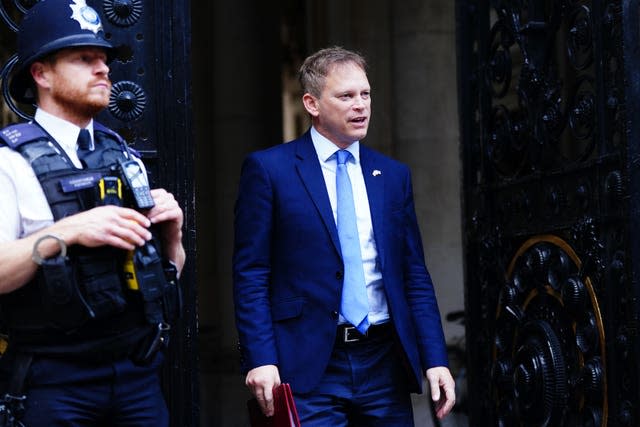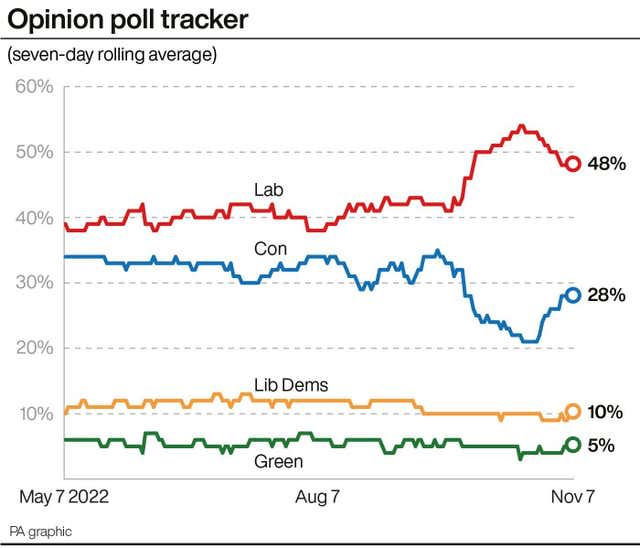Chancellor weighs up £35bn in spending cuts to fix hole in public finances
Chancellor Jeremy Hunt is said to be preparing up to £60 billion in tax rises and spending cuts as he navigates “difficult decisions” on the UK’s battered public finances.
Treasury sources confirmed that as much as £35 billion of the “fiscal tightening” could come in the form of a reduction in spending, signalling a further squeeze on hard-pressed services.
Ministers must present the key points of the plan to the Office for Budget Responsibility (OBR) so that it can prepare its economic forecast in time for the autumn statement on November 17.

So far, the contents of the budget have been subject to much speculation – with rises in capital gains and dividends taxes understood to be on the table, while major infrastructure projects including a major high-speed rail line are under review.
Cabinet minister Grant Shapps also hinted that the windfall tax on oil and gas giants could be expanded.
Asked about the prospect on Monday, he told Sky News: “I think that might be a clever way of asking me what’s in the autumn statement again, but we will be setting that out, the Chancellor will be setting that out, very shortly.”
He also refused to be be drawn on whether he believes the triple pensions lock is a matter of Tory principle, as No 10 has neglected to commit to keeping the guarantee.

Mr Hunt’s room for manoeuvre has become more constricted after the Bank of England warned last week that the country is facing the longest recession in more than a century.
The Cabinet Office Minister Oliver Dowden previously acknowledged that there would have to be “difficult decisions” on both tax and spending.
“We are going to have to face difficult decisions both on the tax side – we haven’t got to the end of the difficult decisions there – and difficult decisions on the spending side,” he told Sky News.
“Now, of course, in terms of the specific decisions that will be made, that conversation is ongoing between the Prime Minister and the Chancellor.
“We need to bear down on spending first and eliminate waste, excessive spending and only go to tax rises if it’s the last resort but given the difficulty of the public finances, there is likely to be a mix of the two.”

 Yahoo News
Yahoo News 
